Watching Heston Blumenthal arrange the infernal horror that is a lamprey’s head on a plate is one thing; seeing an enthusiastic dinner guest suck the raw, bloody meat out of it is quite another — something you will never, in fact, unsee. But finding the YouTube link to this spectacle in the chatty preface to an academic book on Henry III is quite the best indicator that you are in for a colourful ride.
David Carpenter has chosen his subject thoughtfully. The history of English kings and queens is a well-trodden path, yet even aficionados struggle to list three things Henry did well and three areas in which he needed to improve. He is rarely given much space in accounts of the Plantagenets, with the last real exploration being Maurice Powicke’s 1947 biography, but that was more of a charcoal sketch than an anatomical study.
Henry’s relative obscurity is baffling compared to his contemporaries. His reign was long and dramatic, yet no one has thought him worthy of one of those memorable medieval monikers, such as his despotic father John’s ‘Lackland’ — or ‘Soft Sword’, as his barons sniggered behind the royal back — or his hawkish son Edward I’s ‘Longshanks’, or ‘the Hammer of the Scots’.
Henry came to the throne, aged nine, in 1216, the year after King John grudgingly sealed Magna Carta but failed to prevent England erupting into civil war. The barons then invited Prince Louis of France to London, where he was proclaimed king. Only the long experience of William Marshall, who had served the previous four kings, brought the barons back to Henry one by one, securing his crown.
Carpenter’s Henry is an affable, big-hearted man with none of the malice of his father or the martial skills of his son. He was rex pacificus non bellicosus, with little interest in tournaments, hunting or conquering; his goal was a peaceful realm, unburdened by the financial cost of war. He took advice willingly, although not unfailingly, and enjoyed a strong faith, bolstered by the conviction that piety was an essential element of kingship. He gave generously to religious foundations, especially the friars and their centres of learning, but had no head for scholarship himself. Delightfully, we glimpse his reading tastes in an accounts entry for having his ‘great book of romance’ fitted with clasps, hasps and nails of silver.
Henry commissioned major building works at many of the country’s great castles, including the Tower, but his grandest project was turning Edward the Confessor’s Anglo-Saxon abbey at Westminster into a Gothic royal mausoleum to replace Fontevraud. It was perhaps foreseeable that Carpenter would alight on Henry as a focus for research, as his father was canon, archdeacon and dean of Westminster Abbey, and Carpenter grew up with the building regularly in his sight, at home and at school.
Henry was the first ‘French’ king of England to identify as English, taking Edward the Confessor as his patron saint and role model, and giving his sons, Edward and Edmund, resoundingly Anglo-Saxon names. Yet, as so often at Westminster — and this was the reign in which parliament emerged as a power — the tensions that led to Henry’s undoing lay in England’s relations with the continent.
Henry’s attempt to partner with Pope Innocent IV in conquering Sicily for his son Edmund ended in threats of excommunication and failure. But the real danger came from pursuing a policy of maximum contact with Europe, handing positions of power to relatives from Poitou and Savoy, and brokering innumerable cross-Channel marriages to bind English and continental houses together. His fondness for ‘aliens’, and for showering them with favours, was high on the list of reasons for the coup d’état of 1258 and the Provisions of Oxford that followed, trussing Henry up far more than Magna Carta had done his father.
This long book is a serious biography, and the fact it is part one of a two-volume set is the first indicator that it is a subject Carpenter has spent upwards of three decades researching. The second is his easy handling of so many interlocking strands, weaving the official records and gossipy chronicles into a vibrant account of the reign. This volume charts Henry’s life from birth to the putsch of 1258. The second will cover the rise of the barons, Simon de Montfort’s rebellion and Henry’s final years of weakness and senility.
I would have liked the two volumes together, but Yale University Press is to be congratulated on allowing Carpenter to explore so many aspects of 13th-century English government at such length. The glorious details — lamprey cooking included — are what make it a pleasure. Henry is recorded as saying ‘I prefer to be thought a king foolish and remiss than cruel and tyrannical’. Carpenter’s account elegantly shows he was none of these./>
Got something to add? Join the discussion and comment below.
Get 10 issues for just $10
Subscribe to The Spectator Australia today for the next 10 magazine issues, plus full online access, for just $10.
You might disagree with half of it, but you’ll enjoy reading all of it. Try your first month for free, then just $2 a week for the remainder of your first year.

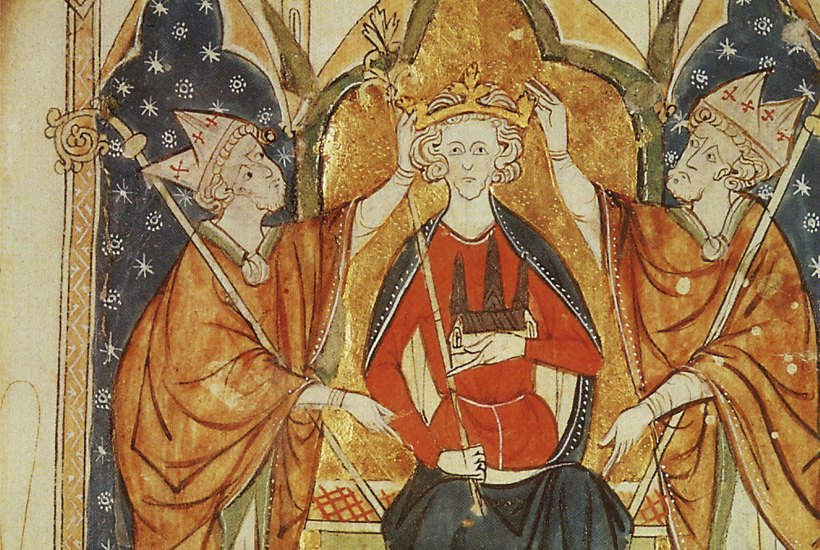
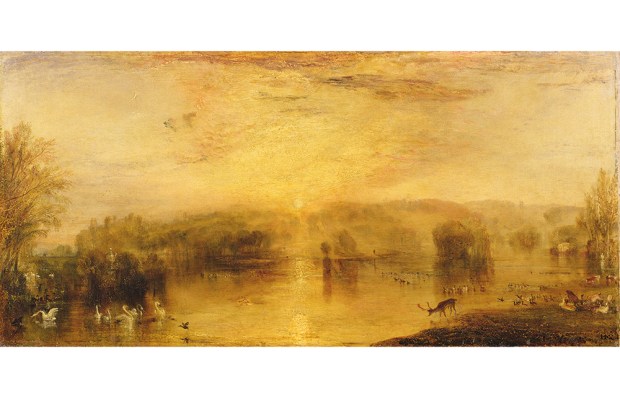
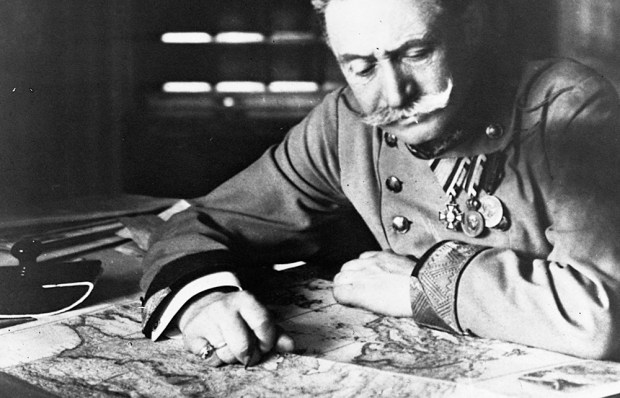


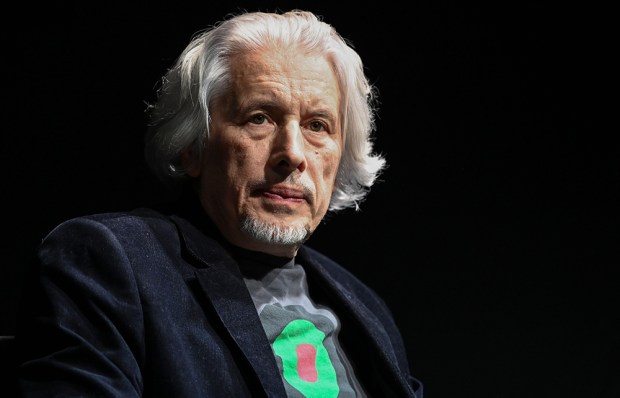
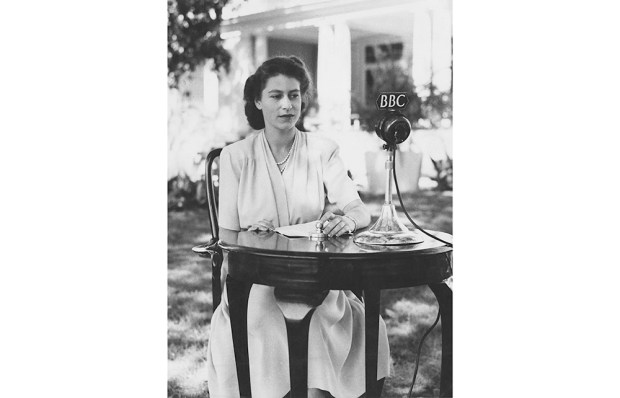






Comments
Don't miss out
Join the conversation with other Spectator Australia readers. Subscribe to leave a comment.
SUBSCRIBEAlready a subscriber? Log in